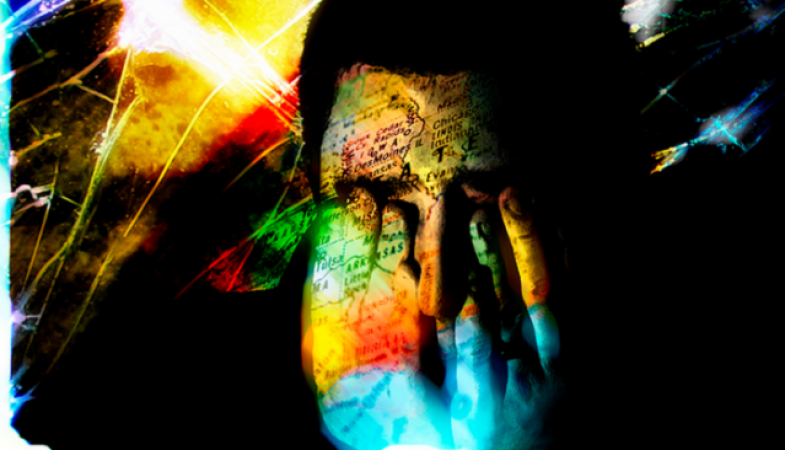
Understanding Trauma and Flashbacks
-
Flashbacks are a common symptom of post-traumatic stress disorder (PTSD)
-
These distressing memories can arise at any time, because the brain doesn't process information in the usual way during a traumatic incident
-
If you are struggling with flashbacks or think you have PTSD, find a therapist here
What are flashbacks?
Flashbacks are vivid images that our brains send us of past trauma. These images can include anything that a person found traumatic, for example childhood abuse, accidents, seeing other people harmed, receiving shocking news, etc. It is not possible to list all the situations that may be connected to flashbacks as there are so many.
Flashbacks usually come when we do not want or need them. They can be very vivid and feel as if the awful thing is happening all over again, right here and now. Sometimes we can even lose touch with where we are and the world around us. Most people experience flashbacks as images. For example, if you have been in an accident with a red car, your flashback may be a visual image of a red car hurtling towards you. But flashbacks can also come as sounds, for example the sound of squealing brakes. Flashbacks can come as smells, such as the smell of burning rubber. They can also come along as body sensations, such as a pain in the ribs where the seat belt tightened. Lastly, flashbacks can come as feelings, for example intense anger or panic. Sometimes flashbacks involve all of our senses at once, which can make us feel as though we are reliving the trauma.
Why does trauma result in flashbacks?
Flashbacks happen because our brains tend to store information about traumatic events in a different place to normal information. It is as if they have filed away trauma in a cabinet marked ‘here be monsters’. Our brains can refuse to take us to the trauma cabinet when we want to go there, when we are trying to deal with them. Then our brains will open the cabinet and let out information as flashbacks, when we do not want them.Normally, information about what has happened to us in the past is stored so that when we remember it, we are aware that it happened in the past, not now. Because trauma information is stored differently, we do not have that sense of the past when we recall it.
Some people suffer flashbacks from a single trauma, say a car accident. Other people have flashbacks from many traumas, perhaps from when they were small. A single trauma is easier to deal with, though still not very easy. You may need to find help for flashbacks from a professional. Trauma-focused CBT and Eye Movement Desensitisation and Reprocessing (EMDR) are tried and tested methods that help.











